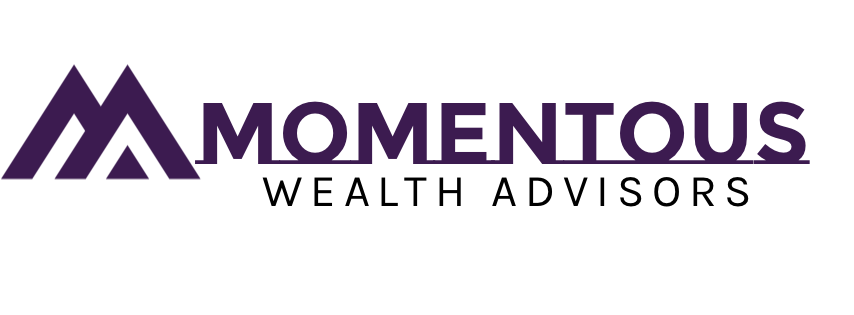Should You Do a Backdoor Roth IRA if you have an existing Large IRA account?
Should You Do a Backdoor Roth IRA if you have an existing Large IRA account?
The Backdoor Roth IRA strategy has gained popularity in recent years as a way for high-income individuals to contribute to a Roth IRA. However, if you have an existing large IRA account, the decision to utilize the Backdoor Roth IRA strategy becomes more complex.
The primary factor to consider is the tax implications of converting your traditional IRA funds into a Roth IRA. When you perform a Roth conversion, the pre-tax funds in your IRA are subject to income taxes in the year of conversion. This can result in a significant tax liability, especially if you have a large traditional IRA balance.
If you have a substantial traditional IRA balance, executing a backdoor Roth IRA may not be the most suitable strategy. The conversion taxes could outweigh the long-term benefits of having a Roth IRA account. In this case, it is crucial to evaluate whether the potential tax savings in retirement, the tax-free growth, and the ability to pass funds to heirs tax-free surpass the immediate tax hit.
Additionally, it's worth considering your future income expectations. If you foresee a significant decrease in income or plan to retire soon, it may be beneficial to delay the conversion until your tax rate is lower. By waiting for a lower tax rate, you can minimize the tax impact and potentially maximize the benefits of a Backdoor Roth IRA.
However, if you have a tax-efficient strategy to manage the tax burden of conversion, it may still be worth pursuing a Backdoor Roth IRA. This could involve utilizing other available deductions or credits to mitigate the conversion taxes and reduce the detrimental impact on your current financial situation.
Before making a final decision, it is imperative to consult with a qualified tax and financial advisor. They can evaluate your specific circumstances and provide personalized advice based on your overall financial goals, tax situation, and long-term retirement plans. These professionals can also assess the potential impact on any existing large IRA accounts you possess and guide you towards the most advantageous strategy for your situation.
In conclusion, the decision to execute a Backdoor Roth IRA strategy when you have an existing large IRA account requires careful consideration of the tax implications, future income expectations, and overall financial goals. Seeking professional advice will help you make an informed decision that aligns with your unique circumstances and maximizes the benefits of your retirement savings.
-Brian D. Muller, AAMS® Founder, Wealth Advisor
Disclaimer: This material is for informational purposes only and should not be construed as investment advice. Past performance is not indicative of future results. Investors should make investment decisions based on their unique investment objectives and financial situation. While the information is believed to be accurate, it is not guaranteed and is subject to change without notice.
Investors should understand the risks involved in owning investments, including interest rate risk, credit risk and market risk. The value of investments fluctuates and investors can lose some or all of their principal.
Always consult with a qualified financial professional before making any investment decisions.
